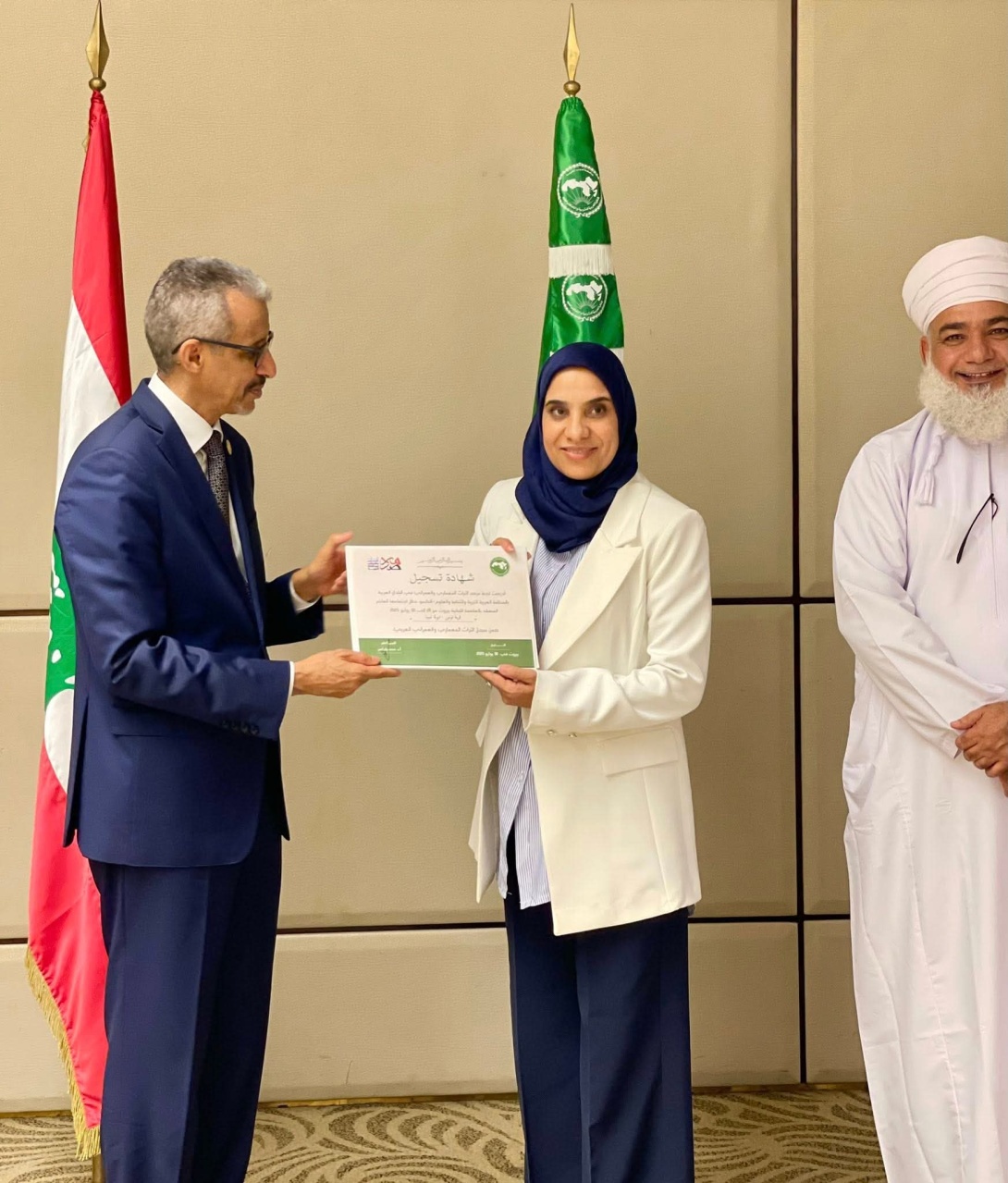
Libya has bolstered its cultural standing on the regional stage with the inscription of the archaeological village of Tounin, located in the historic city of Ghadames, into the Arab Heritage Register.
The announcement was made on Thursday by the Arab League Educational, Cultural and Scientific Organization (ALECSO) during a formal session in Beirut.
The inclusion of Tounin acknowledges the site’s exceptional architectural and historical significance, marking a key step in Libya’s broader strategy to preserve and promote its cultural identity.
This recognition was achieved through the initiative of the Ministry of Tourism and Traditional Industries, operating under the Government of National Unity.
The ministry confirmed, via its official platform, that the achievement reflects its commitment to positioning Libyan heritage sites more prominently within the Arab world.
Central to the process was Communications Officer Samia Othman, who played a pivotal role in preparing the comprehensive historical and technical documentation for the site. Her active participation in ALECSO’s Heritage Observatory meetings was instrumental in securing the final endorsement.
The successful listing was made possible through strategic coordination with regional and local bodies, including the Ghadames City Development Authority. A dedicated Libyan expert group led by Engineer Abdel Moneim Ibrahim also contributed significantly by presenting the village of Tounin as an important cultural and archaeological asset with the potential to foster sustainable tourism and inter-civilizational dialogue.
This milestone is part of a broader national cultural agenda aimed at expanding Libya’s presence on both Arab and global heritage platforms. The Ministry of Tourism revealed that further applications are underway, with additional heritage sites being prepared for nomination to international registers in the near future.
The recognition of Tounin underscores Libya’s enduring legacy as a custodian of ancient civilizations and reaffirms its commitment to preserving that legacy for future generations.



